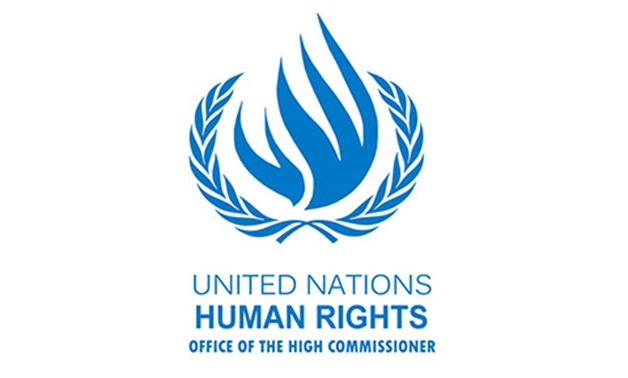
The UN High Commissioner for Human Rights has said the pardon of a Sri Lankan soldier after he was found guilty for massacring Tamils, is an “affront to victims” and “further undermines the limited progress the country has made towards ending impunity for mass human rights abuse,” in a statement released this morning.
“We are troubled by reports that the convicted perpetrator of the Mirusuvil massacre, in Sri Lanka, has received a Presidential Pardon and was released from jail this week,” said a statement from the spokesperson for the UN High Commissioner for Human Rights, Rupert Colville.
“This was one of the rare human rights cases from the decades long conflict that had ever reached conviction,” he added.
“The Presidential pardon is an affront to victims and yet another example of the failure of Sri Lanka to fulfil its international human rights obligations to provide meaningful accountability for war crimes, crimes against humanity and other gross violations of human rights. Victims of such violations and crimes have the right to a remedy. This includes equal and effective access to justice and reparation, and that perpetrators serve a punishment that is proportionate to the seriousness of their conduct.”
“Pardoning one of the sole convicted perpetrators of atrocities committed during the Sri Lankan conflict further undermines the limited progress the country has made towards ending impunity for mass human rights abuse,” Colville concluded.
The release of Ratnayake has sparked widespread condemnation.
Rathnayake was sentenced to death in 2015 for the murder of the 8 Tamils, including 2 children, in the town of Mirusuvil. The Tamils had been arrested by Sri Lankan security forces on the10th of December 2000. The following day their bodies were found in a mass grave with their throats slashed, according to the District Medical Officer’s post-mortem report. All but two of the bodies had been stripped naked. The youngest to have been murdered was a 5-year-old child.
The killings have since been dubbed the Mirusuvil massacre.
Ponnathurai Maheswaran, who managed to survive and escape from the army, testified in court and identified at least five of the soldiers responsible. After a lengthy court process only Ratnayake, a member of the military’s elite Long Range Reconnaissance Patrol (LRRP), had been sentenced. The other men were cleared of all charges.

